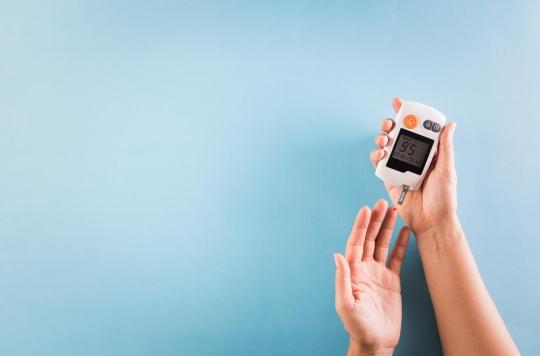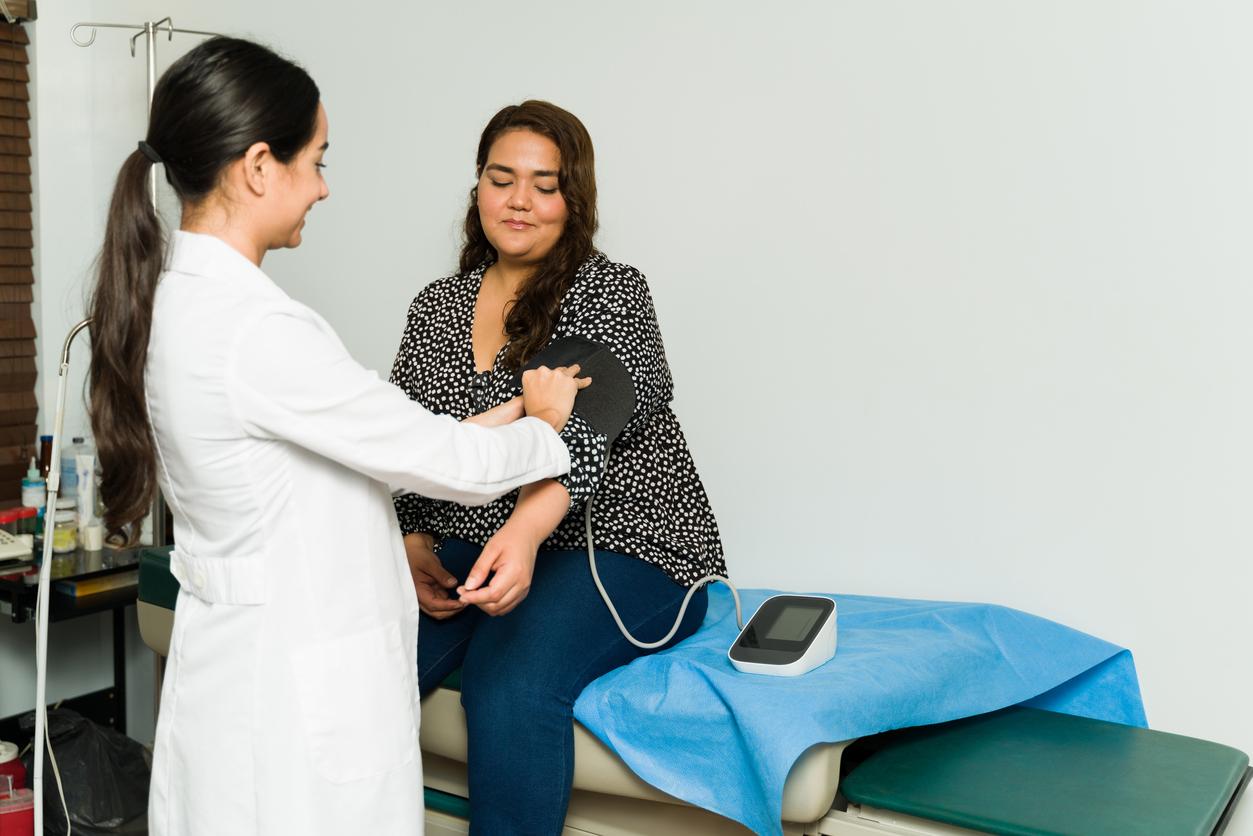Insomnia could increase the risk of type 2 diabetes, a metabolic disorder mainly linked to lifestyle. This is because people who have difficulty falling asleep or staying asleep have higher blood sugar levels than people who rarely have trouble sleeping.

- Lack of sleep could play a direct role in the development of type 2 diabetes
- According to Inserm, 37% of French people regularly suffer from sleep or waking disorders
- In France, the overall prevalence of diabetes was estimated at 5% of the population in 2016, type 2 diabetes (T2D) corresponding to 90% of cases (Inserm)
Previous research had shown a link between sleep and the risk of type 2 diabetes, but it had not been possible to clearly determine which was the first culprit: poor sleep or high blood sugar levels, or whether other factors are at play. This new study, led by the University of Bristol and published in Diabetes Care suggests that insufficient sleep can lead to higher blood sugar levels and may play a direct role in the development of type 2 diabetes.
To conduct their study of over 336,999 living adults in the UK, the researchers used a statistical technique called Mendelian randomisation to see how five measures of sleep – insomnia, sleep duration, daytime sleepiness, naps and preference for morning or evening (chronotype) – were related to average blood sugar as assessed by a measure called HbA1c level. The use of Mendelian randomization, which groups people according to a genetic code randomly assigned at birth, allowed the researchers to eliminate any bias in the results.
Treat Diabetes
The study suggests that lifestyle and/or pharmacological interventions that improve insomnia may help prevent or treat diabetes.
Thus, James Liu, Senior Associate Researcher at Bristol Medical School (PHS) and author of the paper, said: “We felt that an effective treatment of insomnia could lead to a greater reduction in glucose than a equivalent intervention, which reduces body weight by 14kg in an average-sized person.This means that around 27,300 UK adults, aged 40-70, with frequent symptoms of insomnia, would be safe from diabetes if their insomnia was treated.”
Currently, there are some treatments for insomnia. For example, UK guidelines for doctors recommend cognitive behavioral therapy (CBT) for insomnia, along with short-term treatment with sleeping pills or treatment with a hormone called melatonin if CBT isn’t working.
“However, it is important to remember that type 2 diabetes is a complex disease, with multiple risk factors. A healthy and balanced diet, physical activity and adequate sleep are essential elements for the health of all , including people at risk of or with type 2 diabetes.” said Dr. Faye Riley, head of research communications at Diabetes UK

.

















